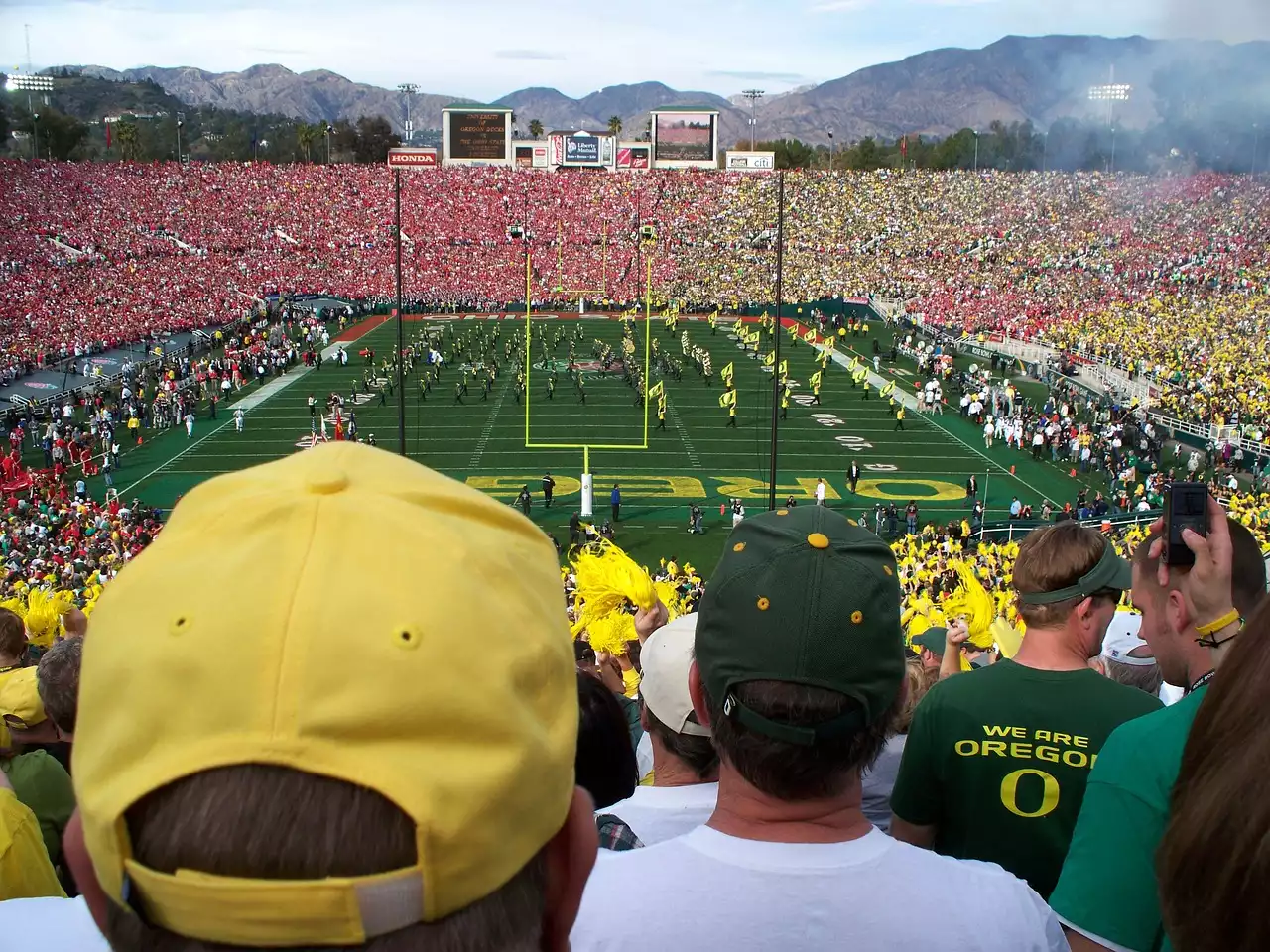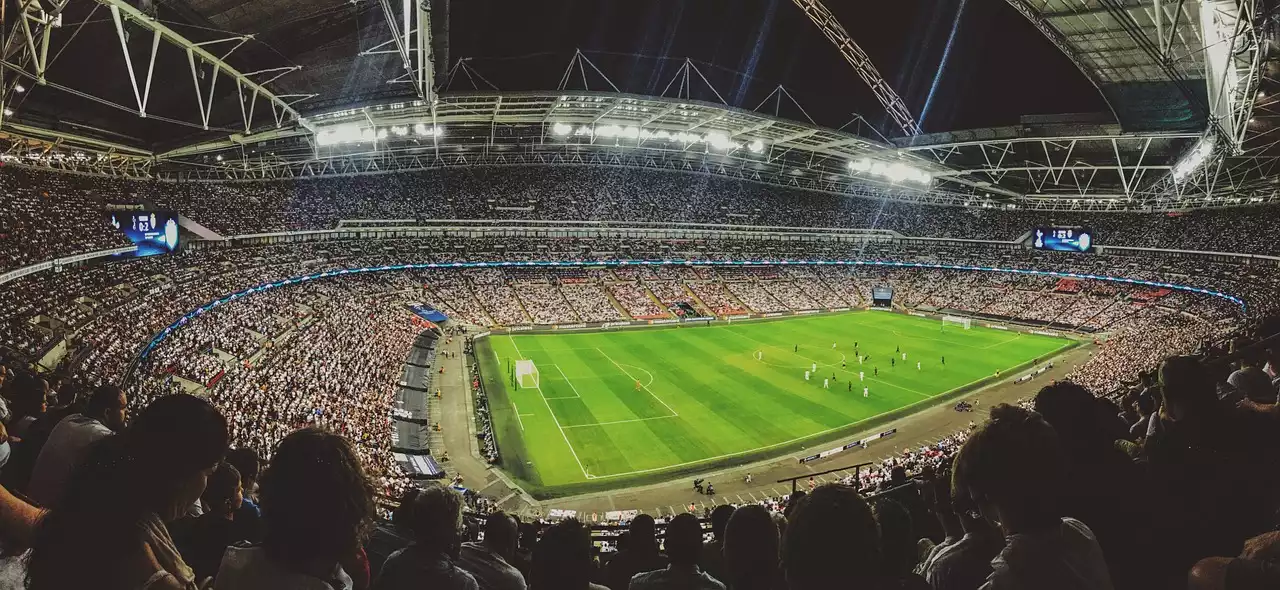Introduction
In the high-stakes world of sports betting, your fate lies in the hands of the elusive sports-betting traders. But have you ever wondered how they make the decisions that could either make you a winner or leave you empty-handed? In this article, we delve into the secrets behind sports-betting trading, unraveling the intricate process that determines your destiny on the field and at the bookmakers.
From analyzing team performance to assessing player injuries, sports-betting traders meticulously evaluate every piece of information to determine the odds of a game. They weigh the strengths and weaknesses of each team, study historical data, and even consider the impact of weather conditions. Armed with this knowledge, they strategically set the betting lines, enticing punters to place their wagers. But it doesn't end there. These astute traders continuously monitor market movements, reacting swiftly to incoming bets, and adjusting the odds accordingly.
Understanding the inner workings of sports-betting trading provides a fascinating insight into the mechanics of the industry. So, if you're ready to lift the veil on the secrets that control your fate in the world of sports betting, read on.
The Role of Sports-Betting Traders
Sports-betting traders play a pivotal role in the betting industry. They are responsible for setting the odds and determining the betting lines for various sporting events. These traders work for bookmakers and use their expertise to create a balanced market that ensures the bookmaker's profit regardless of the outcome. To achieve this, they consider various factors that influence the outcome of a game.
The traders are not mere spectators, but rather highly skilled professionals who meticulously analyze data, statistics, and trends to make informed decisions. They rely on their knowledge of the sport, understanding of the teams and players, and their ability to interpret market signals. Their goal is to accurately predict the probability of different outcomes and set odds that reflect these probabilities.
Sports-betting traders are constantly researching, staying updated on the latest news, and analyzing historical data to gain an edge in the market. Their decisions have a significant impact on the betting landscape, as they shape the odds and influence the behavior of punters. The success of sports-betting traders lies in their ability to strike a delicate balance between risk and reward, ensuring that the bookmaker remains profitable while providing an enticing platform for bettors.
Factors Considered by Sports-Betting Traders
Sports-betting traders consider a multitude of factors when setting the odds for a game. These factors include team and player statistics, recent form, home-field advantage, injuries, weather conditions, and even public sentiment. By analyzing these variables, traders can gauge the strength and weaknesses of each team, assess the likelihood of different outcomes, and set the odds accordingly.
Team and player statistics are crucial in evaluating performance and predicting future outcomes. Traders analyze past performances, head-to-head records, scoring patterns, and defensive capabilities to gain insight into the teams' strengths and weaknesses. They also take into account player-specific data, such as goal-scoring records, assists, and disciplinary history, which can influence the outcome of a game.
Injuries play a significant role in sports betting, as they can have a profound impact on team performance. Traders closely monitor injury reports and assess the severity and impact of each injury on the team. A star player's absence can drastically alter the dynamics of a game and affect the odds. Traders factor in these injuries when setting the odds, ensuring that they accurately reflect the teams' chances of winning or losing.
Weather conditions are another important consideration. Traders take into account the impact of weather on the playing surface, players' performance, and the style of play. For example, heavy rain may slow down the game and favor defensive teams, while windy conditions can affect the accuracy of passes and shots. By considering these factors, sports-betting traders can adjust the odds to reflect the potential influence of weather conditions on the outcome.
Understanding Odds and Probabilities
To fully comprehend the work of sports-betting traders, it is essential to understand odds and probabilities. Odds are numerical representations of the likelihood of a particular outcome occurring. They are expressed in various formats, such as decimal, fractional, or American odds, depending on the region or bookmaker.
Probabilities, on the other hand, represent the likelihood of an event occurring as a percentage. Sports-betting traders convert probabilities into odds to create a market that attracts bettors. The odds reflect the traders' assessment of the probability of different outcomes, taking into account all the factors mentioned earlier.
For example, if a trader determines that Team A has a 60% chance of winning, they will set the odds to reflect this probability. The odds may be 1.67 in decimal format, 4/6 in fractional format, or -150 in American odds format. These odds indicate that if a bettor places a wager on Team A and wins, they will receive a payout based on the odds set by the trader.
Traders continuously monitor the market and adjust the odds based on incoming bets and market trends. If a significant number of bets are placed on one outcome, the odds for that outcome may decrease to balance the market. This ensures that the bookmaker remains profitable regardless of the outcome while maintaining an attractive platform for bettors.
Analyzing Team and Player Statistics
Team and player statistics play a crucial role in the decision-making process of sports-betting traders. By analyzing these statistics, traders gain valuable insights into the performance and capabilities of each team and player.
Traders examine historical data, including past performances, head-to-head records, and scoring patterns, to identify trends and patterns. They assess the teams' offensive and defensive capabilities, goal-scoring records, assists, and disciplinary history. This comprehensive analysis helps traders understand the strengths and weaknesses of each team and make informed decisions when setting the odds.
Player-specific data is also taken into consideration. Traders evaluate individual performances, injuries, and disciplinary records to assess the impact of each player on the team's performance. For example, the absence of a key striker in a soccer match may significantly reduce the team's goal-scoring capabilities, leading to a higher probability of the opposing team winning. Traders factor in these variables to adjust the odds accordingly.
Monitoring Market Trends and News
Sports-betting traders are always on the lookout for market trends and breaking news that may impact the outcome of a game. They analyze the behavior of bettors, monitor the volume and distribution of bets, and react swiftly to any significant market movements.
For example, if a substantial amount of money is placed on one outcome, traders may adjust the odds to balance the market and limit the bookmaker's potential losses. Traders also keep a close eye on news that may affect team performances, such as injuries, suspensions, or managerial changes. By staying informed and reacting quickly to market trends and news, sports-betting traders can maintain an efficient and profitable market.
The Psychology of Sports-Betting Traders
Sports-betting trading is not just about crunching numbers; it also involves understanding human psychology. Traders study the behavior of bettors, identify patterns, and exploit market inefficiencies.
For example, if the majority of bettors are placing their wagers on the favorite team, traders may adjust the odds for the underdog to attract more bets and balance the market. They leverage the biases and preferences of bettors to their advantage, ensuring that the bookmaker remains profitable regardless of the outcome.
Traders also consider the impact of high-profile events, such as championships or derbies, on betting behavior. These events often attract a larger volume of bets and can create market imbalances. Traders carefully evaluate these situations and adjust the odds to ensure a balanced market.
Tools and Software Used by Sports-Betting Traders
Sports-betting traders rely on various tools and software to assist them in their decision-making process. These tools provide them with real-time data, statistical analysis, and market monitoring capabilities.
Statistical analysis software helps traders evaluate team and player performance, analyze historical data, and identify trends. It allows them to make informed decisions based on statistical models and probabilities.
Market monitoring tools enable traders to track the volume and distribution of bets, identify market trends, and react swiftly to incoming bets. These tools provide real-time data and analytics, allowing traders to adjust the odds as necessary.
Additionally, traders use news aggregators and social media monitoring tools to stay updated on the latest news and developments that may impact the outcome of a game. These tools help them assess the credibility and impact of news and make informed decisions based on reliable information.
Strategies Employed by Sports-Betting Traders
Sports-betting traders employ various strategies to maximize their profits and minimize risks. These strategies include setting competitive odds, managing liabilities, and hedging bets.
Traders set competitive odds to attract bettors and ensure that the bookmaker remains profitable. They carefully evaluate the probabilities of different outcomes, factor in their margin, and set odds that reflect the market sentiment.
Managing liabilities is another crucial aspect of sports-betting trading. Traders assess the potential losses associated with each outcome and adjust the odds to balance the market. By carefully managing liabilities, traders ensure that the bookmaker remains profitable regardless of the outcome.
Hedging bets is a risk management strategy employed by traders to minimize potential losses. Traders may place bets on other platforms or exchanges to offset the risk associated with a particular outcome. This strategy allows them to protect their profits and limit potential losses.
Conclusion: The Impact of Sports-Betting Traders on Your Bets
Sports-betting traders play a significant role in the world of sports betting. Their expertise, analysis, and decision-making determine the odds and shape the betting landscape. By carefully evaluating team and player statistics, monitoring market trends, and considering various factors, traders create a balanced market that ensures the profitability of bookmakers.
Understanding the inner workings of sports-betting trading allows bettors to make more informed decisions and navigate the betting landscape with a strategic approach. By lifting the veil on the secrets behind sports-betting trading, we gain insights into the complex process that determines our fate on the field and at the bookmakers. So, the next time you place a bet, remember the intricate work of sports-betting traders who determine your destiny, and may the odds be ever in your favor!
---
*Disclaimer: Sports-betting involves risk and should be done responsibly. This article does not provide financial or betting advice.














